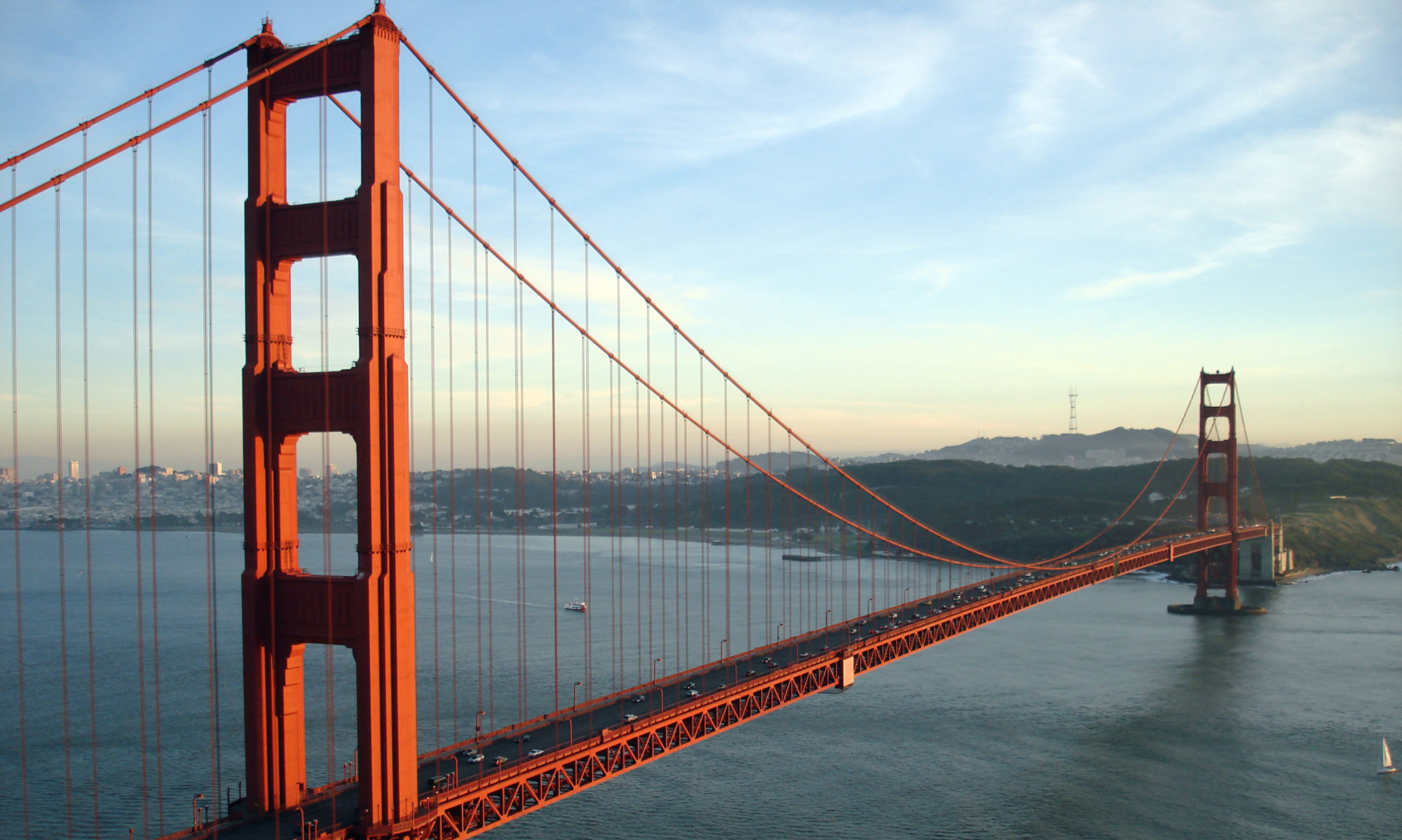Over the years, I have worked with a number of companies in the technology security sector. In fact, I am currently working on a project for FaceTime Communications to launch a new software product to secure, track, and archive conversations on enterprise networks, including conversations sent over public IM networks. FaceTime has products that help corporate users secure Web 2.0 conversations on the enterprise, so when you log in to your Facebook or Twitter page from your office computer, you know that Big Brother in the IT department is watching.
And there is good reason for these Web 2.0 watchdogs. Government regulations are driving corporate paranoia, and legal counsel , CFOs, and others are telling IT they have to keep track of ALL online conversations and data exchanges so they are prepared in case the company is audited for compliance with HIPAA, SOX, FINRA, or whatever regulatory agency matters to you. So private corporations are becoming increasingly concerned about threats from public networks, such as the introduction of some kind of malware, or more likely, some kind of data leak or employee malfeasance that puts the company at legal risk.
But what if there was a free exchange of web information? What if organizations became less concerned about locking up their corporate data and more concerned with contributing to the greater pool of human knowledge and understanding. What is fascinating about the Internet and the World Wide Web is that is an open, self-policing entity. The reason that Wikipedia works, for example, is that people are inherently seekers of truth and will correct each other’s errors. The Web is a giant experiment in the democratization of data. There is an inherent faith that for every malicious rumor or deliberate lie posted on the Web, there will be hundreds of other posts with opposing views and accurate information, and the truth will find its way to the top of the search engines.
Which is why I was fascinated by this latest report from the godfather of the web, Tim Berners Lee, who is calling for an open exchange of data between governments, scientists, and institutions. Just as the Web has the power to serve up more accurate information through democratization, by making more information public, there is an even greater opportunity for smart people to combine information to uncover new revelations and greater truths.
Check out the video and tell me, is it better to lock the data vault and hide the key, or should we be less concerned about data security and more concerned about finding ways to share information in ways that will lead to new revelations, new solutions, and new ultimate truths?

